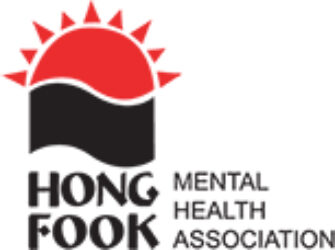Peer-driven Means of Providing Culturally Appropriate Mental Health Care

Presenters
Eleni Tsoutsias (she/her), HBA, MPA, Director of Policy, Quality & System Transformation, Addictions and Mental Health Ontario
Hilary Leung (she/her), HBA, Senior Policy Advisor, Addictions and Mental Health Ontario
Simone Arbour (she/her), PhD, Research Scientist, Ontario Shores Centre for Mental Health Sciences
Erica Wan (she/her), PhD, RP, RSW, Manager, Recovery and Community Programs, Hong Fook Mental Health Association
Abstract
This joint workshop will present two peer-driven models at system design and program delivery levels to facilitate the sharing of best practices involving individuals with lived and living experience in mental health sector.
Addictions and Mental Health Ontario (AMHO) recently established a Persons with Lived and Living Experience (PWLLE) Advisory Panel, consisting of clients, family members, and caregivers with a wide range of lived experiences and perspectives. The Panel ensures the voice and expertise of patients, families, and caregivers are at the center of AMHO’s efforts to mobilize, advocate for, and serve our members, their communities, and the broader community mental health and addiction sector. This presentation will focus on the steps taken by AMHO to establish the Panel - from the development of the engagement strategy to the implementation of the recruitment approach that led to the formation of the Panel.
Recovery Colleges are a strength-based, peer-driven, mental health learning model, that leverages the knowledge of individuals with lived experience to develop and deliver mental health education and support. There is a considerable amount of evidence regarding the efficacy of recovery colleges within traditional mental health contexts, which has led to an exploration of their application within novel settings. This presentation will provide an overview of the defining features of Recovery Colleges and their intended impact. In addition, a case study will be presented to examine the development, implementation, and high-level outcomes of a culturally competent (Asian specific) recovery college at Hong Fook Mental Health Association.
Leaning Objectives
At the end of this presentation, participants will be able to:
- Learn about the AMHO’s PWLLE Advisory Panel’s goals, objectives, engagement and recruitment process, and the value that it will bring to AMHO in our work to represent over 150 organizations that provide front line substance use, additions, and mental health supports and services.
- Understand the defining features of a Recovery College and its intended impact in the mental health context.
- Examine a case study of a recovery college model in a culturally specific community
